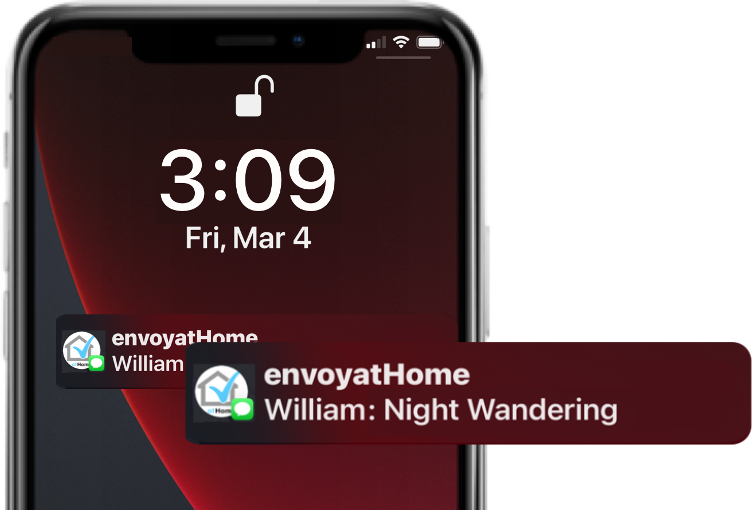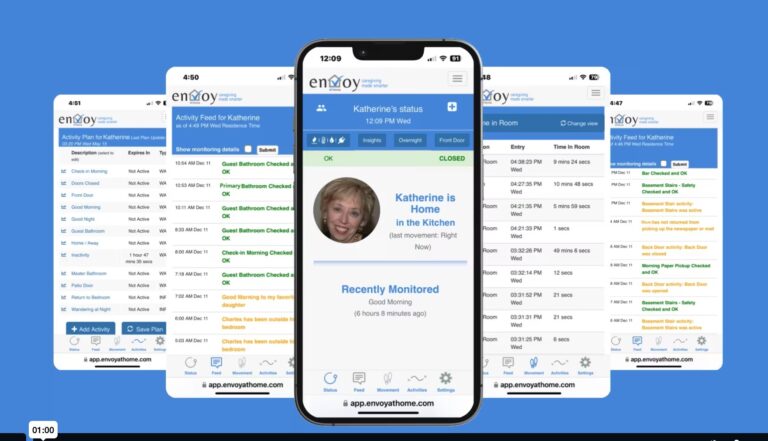
What is a Passive Remote Monitor for Seniors?
The best passive remote monitor for seniors is a non-intrusive technology designed to ensure the safety and well-being of older adults living independently. Unlike traditional
envoyatHome is committed to caregivers of older adults aging in place. Featured in Kiplinger, Fortune, National Council on Aging, and aginginplace.org, envoyatHome is a solution for caregivers that delivers full time, affordable senior care for the digital age. You can reach us at info@envoyathome.com or 856.681.0076.

The best passive remote monitor for seniors is a non-intrusive technology designed to ensure the safety and well-being of older adults living independently. Unlike traditional

An “envoy” bridges a gap in communication and is a trusted representative who conveys essential information. We named our elderly remote monitor system company envoyatHome

In 1974, Dr. Andrew Dibner and his wife, Susan, introduced the first personal emergency response system (PERS) to help seniors call for assistance during emergencies.
|
envoyatHome, inc. – All Rights Reserved